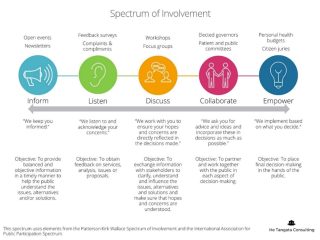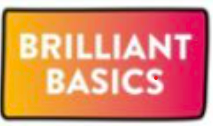Involving children, young people and families in improvement at Alder Hey
15 June 2022
Jennie Williams writes about the work Alder Hey Children’s Hospital has done in partnership with the Point of Care Foundation to embed children and young people’s experiences at the heart of their approach to improvement.
Topics
How do we know what matters to children, young people and families? We don’t, unless we ask.
When we asked our Children and Young People’s Forum what they thought about our process of improvement they felt it was about ‘making it normal to improve’. If we want to make it normal to improve, we need to make it normal for patients and their families to be involved in improvement, and normal to be open to the thoughts, ideas and challenges that then may arise.
Our approach to quality improvement at Alder Hey Children’s Hospital – Brilliant Basics – involves children, young people and families at its centre. The evidence base makes it clear why we do this, but the how can be more challenging.
Working with colleagues from KPMG (using a lean methodology) and the Point of Care Foundation (using experience-based co-design methodology), we arrived at a unique methodology for Alder Hey which will help all our staff to make it normal and simple to improve: a little improvement every day.
To help with this, we developed a simple toolkit with the Point of Care Foundation that supports all teams across our Trust to understand how to involve and engage young people who use our services when we think about how to improve them.
Different types of involvement use different techniques. “Giving information” might involve leaflets, radio adverts and public meetings; “getting information” might involve surveys, interviews and focus groups; “debate” might involve workshops or drop-in events; “participation” might involve service-users being on the management team. These methods are not mutually exclusive and some service planning or projects will incorporate a number of these techniques, depending on the issue under consideration, or the stage that the project is at.
More importantly, the toolkit supports our teams to involve young people and maximise the learning from involvement to support the work of the Trust.
These methods are now incorporated into Alder Hey’s improvement routines, led by our in-house Quality Hub. Through all of our Brilliant Basics learning, coaching and project opportunities, we champion the inclusion of children, young people and families and there are some real tangible experiences where this has worked really well. For example, one of our wards thought the priority for improvement needed to be around the experience of the discharge process. In response to this, the staff developed a short survey that our volunteers helped to deliver. It turned out that families and carers felt that they had had a good experience related to the discharge process. This helped the team to prioritise other areas for improvement, but also assured us that the discharge process was working well.
Are we there yet? No – we want to be even better. Consistently and systematically applying our approach to improvement across the Trust will help us get there.

